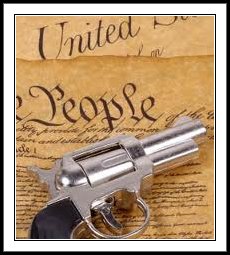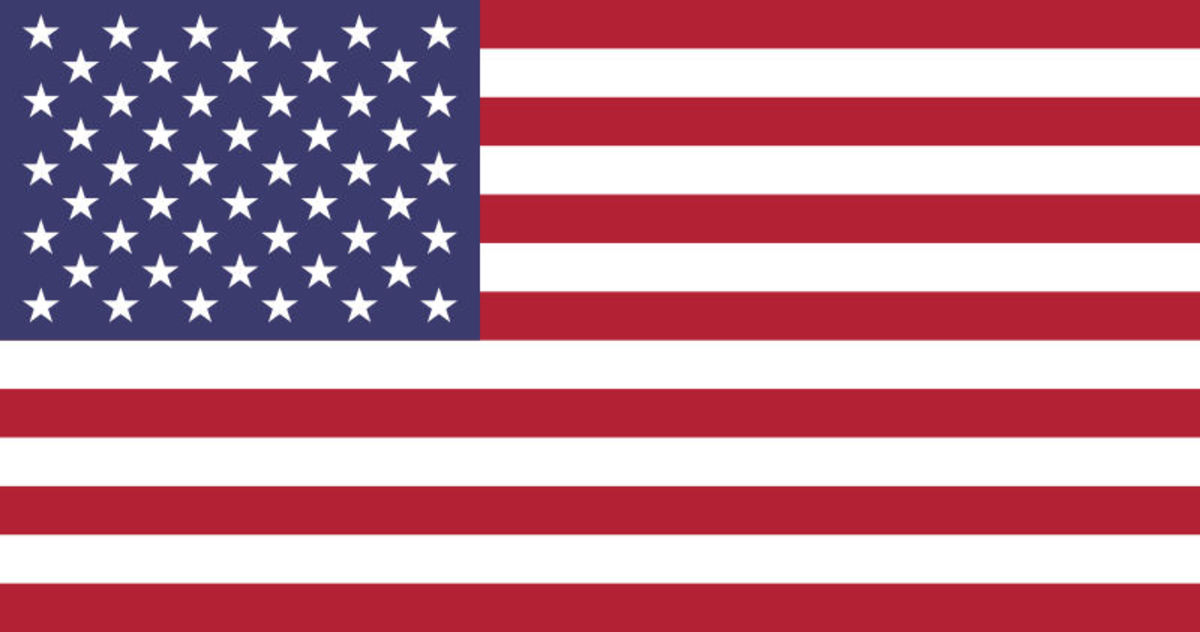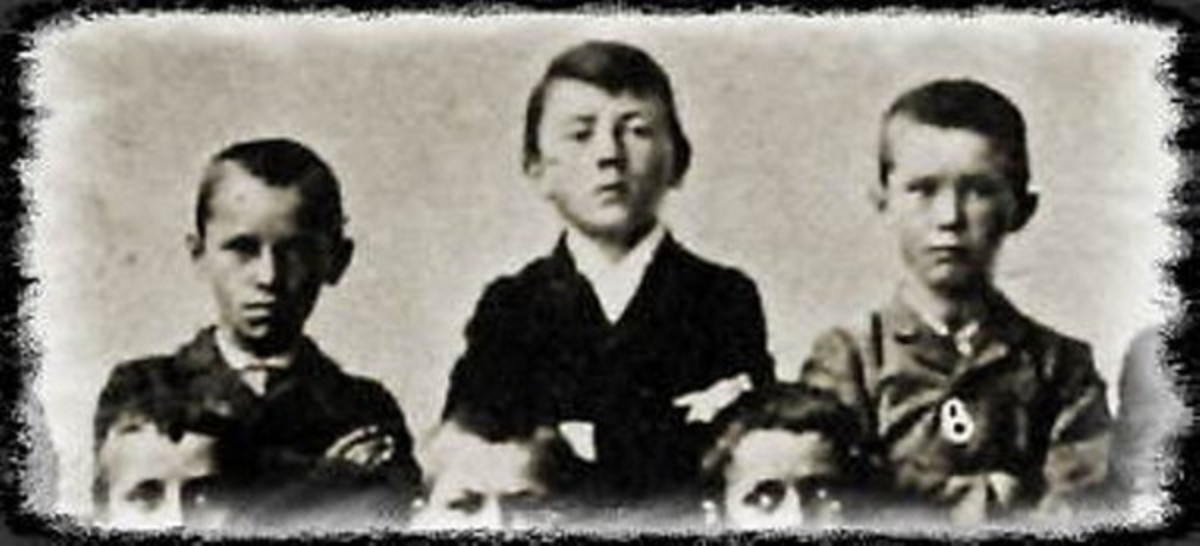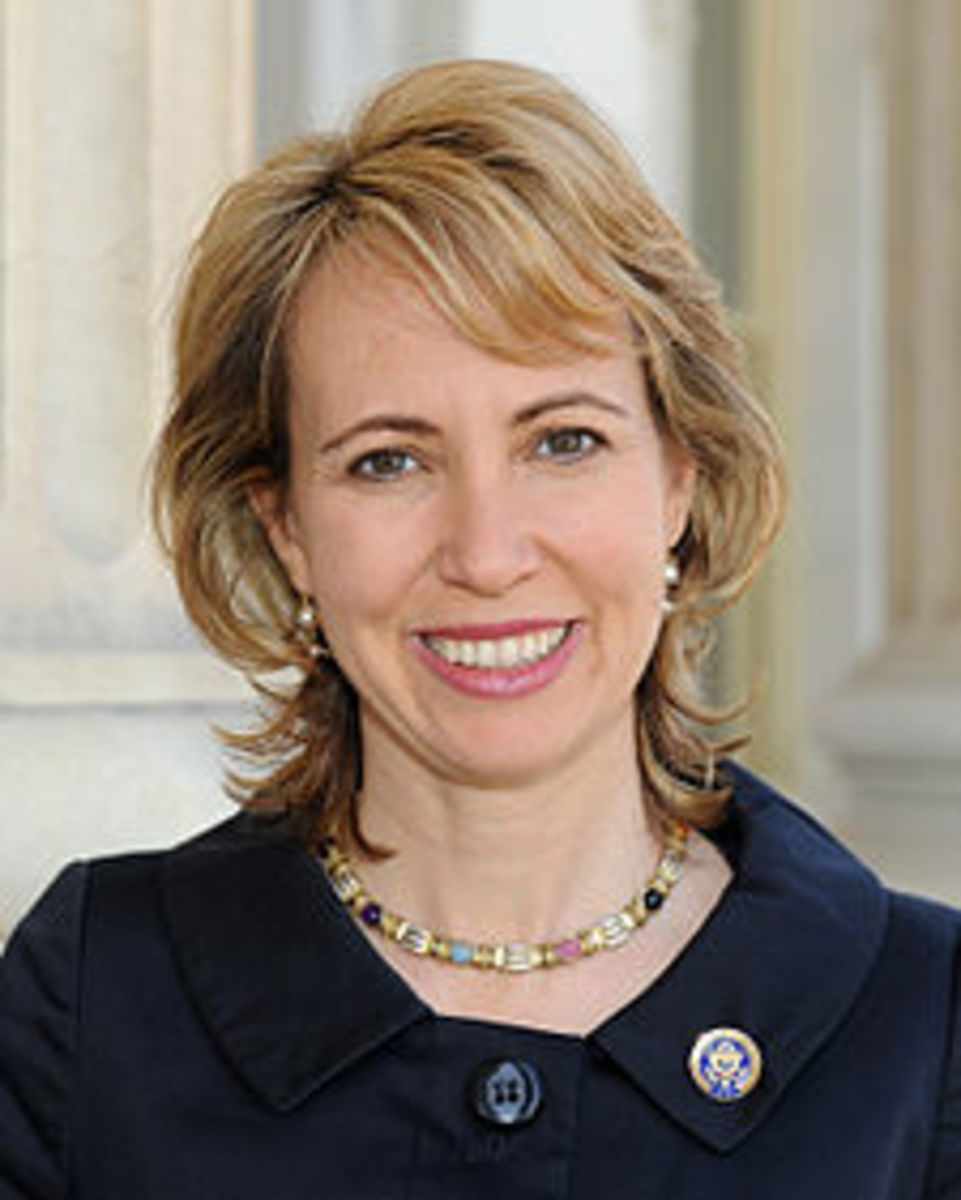American Freedom and Gun Control


A Well Regulated Militia
If you’re one of the many who have never read the Constitution or the 2nd Amendment, it reads as follows: A well regulated militia, being necessary to the security of a free state, the right of the people to keep and bear arms, shall not be infringed.” What part of this is so confusing? The founding fathers wrote these words for good reason.
There are those who say this doesn’t apply to modern day circumstances and the 2nd Amendment is an outdated anachronism. Fashions change…people and governments don’t. History teaches us this.
What did the founding fathers have to say about this fundamental right? Thomas Jefferson: “Those who hammer their guns into plows will plow for those who do not.” John Adams: “Those who trade liberty for security will have neither.” George Mason, co-author of our second amendment, “To disarm the people is the best and most effectual way to enslave them.” And George Washington: “Firearms stand next in importance to the Constitution itself.”


The National Defense
Some may say the second amendment only refers to militias. Read it again, that’s not what it says…the right of the people to keep and bear arms, shall not be infringed. It was worded this way to protect the right of the people to defend themselves and country from foreign and internal threats…meaning the government taking away our rights.
Do you think it can’t happen here? There was a time not long ago in America people wouldn’t have thought they could be arrested for holding bible studies in their own home. But it happened.

A Uniform Militia
Are we a free people today? Read the Bill of Rights and Constitution for yourself and see how frequently it is violated by our government. The answer is not gun control. More than enough gun laws exist. They are just not enforced. Law abiding citizens respect and obey these laws. It’s the criminals that don’t.
Statistics show a locality having more citizens carrying weapons to defend themselves, the less violent crime there is. The inverse is also true. Criminals don't prey on those who can defend themselves.
The Second Amendment protects the right of citizens to keep and bear arms. It was adopted on December 15, 1791. In 2008 and 2010, the Supreme Court issued two Second Amendment decisions. The Court ruled the Second Amendment protects an individual's right to possess a firearm, unconnected to service in a militia, such as self-defense within the home.
During the 1760s, the colonial militia was composed of colonists, a few who were still loyal to British rule. As opposition to British rule grew, distrust of these “loyalists” became widespread. As a result, militias excluded the Loyalists and began building independent armories. In response, the British established an embargo on firearms, parts and ammunition on the American colonies. In effect…gun control.
One aspect of current gun control debates is the dispute over gun control laws and right to rebel against unjust governments. Some believe this right to rebel is paramount to self preservation and to be used only as a last resort. It’s to be exercised only when the laws of a society are not enough to restrain oppression.
James Madison drafted what was to become the United States Bill of Rights. There was major opposition to the new Constitution. It moved power to arm state militias from states to the federal government. The states became alarmed the federal government could muster overwhelming military force at its disposal, and even engage in a military takeover. Could that be anything like martial law?
One could argue the states lost the power to arm their citizens when the power to arm the militia was transferred from the states to the federal government. Some representatives were against proposals to expand federal powers because of concern over inherent risks of centralizing power. Madison initially thought a bill of rights was unnecessary, confident the federal government could never raise a standing army powerful enough to overcome a militia. Apparently, after serious thought, he changed his mind.
One of Madison’s initial proposed passage relating to arms was: “The right of the people to keep and bear arms shall not be infringed; a well armed and well regulated militia being the best security of a free country but no person religiously scrupulous of bearing arms shall be compelled to render military service in person.” Could he have been referring to a military draft and conscientious objectors?
There were many other rewrites, all basically the same. However, it came down to its’ final wording as seen in the first paragraph.
On May 8, 1792, Congress passed an act to provide for the National Defense, by establishing a Uniform Militia throughout the United States requiring: Every free able-bodied white male citizen eighteen years, and under the age of forty-five years be enrolled in the militia and provide himself with a good musket or firelock.
Noah Webster probably said it best: “Before a standing army can rule, the people must be disarmed; as they are in almost every kingdom in Europe. The supreme power in America cannot enforce unjust laws by the sword; because the whole body of the people are armed, and constitute a force superior to any band of regular troops that can be, on any pretence, raised in the United States.”








